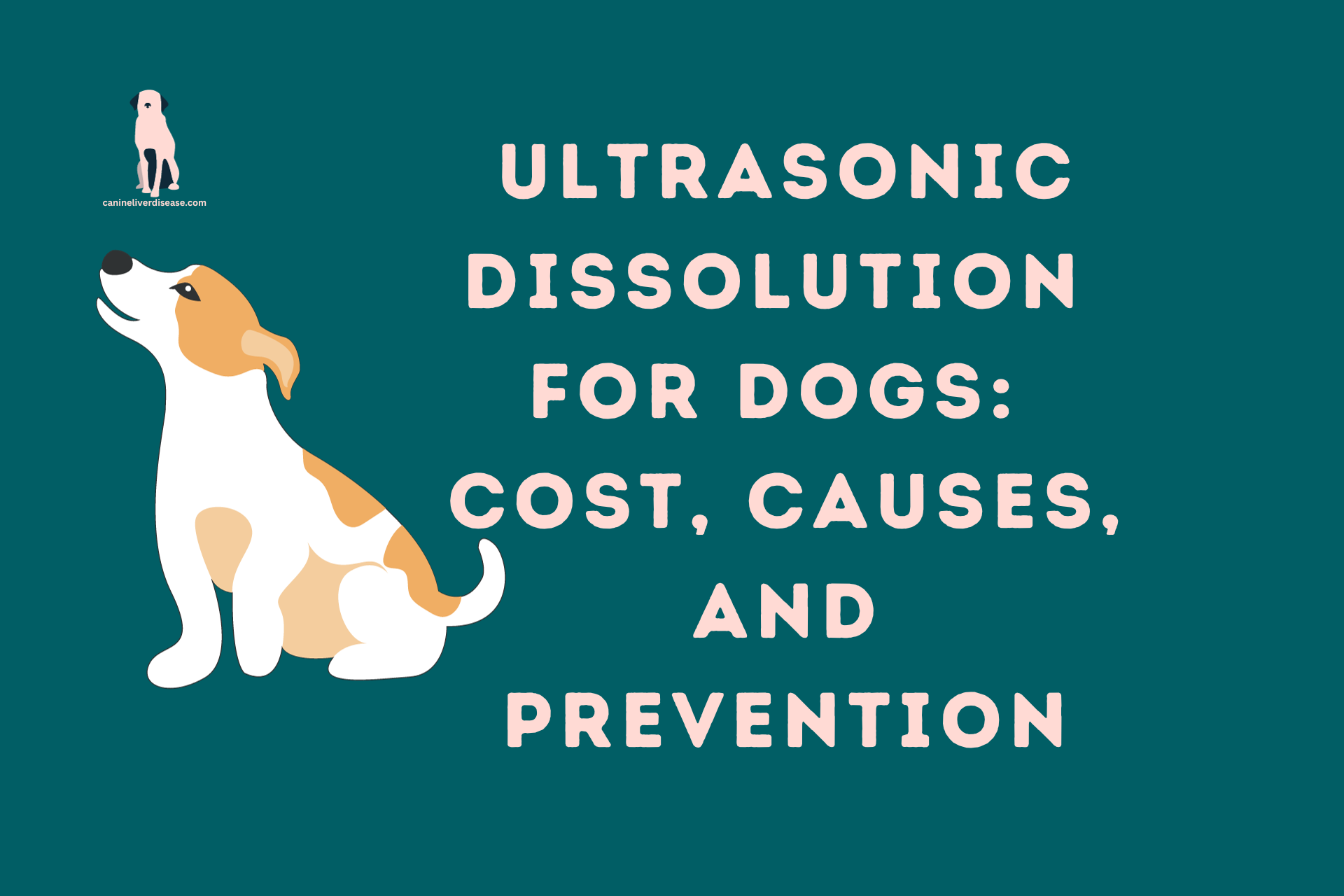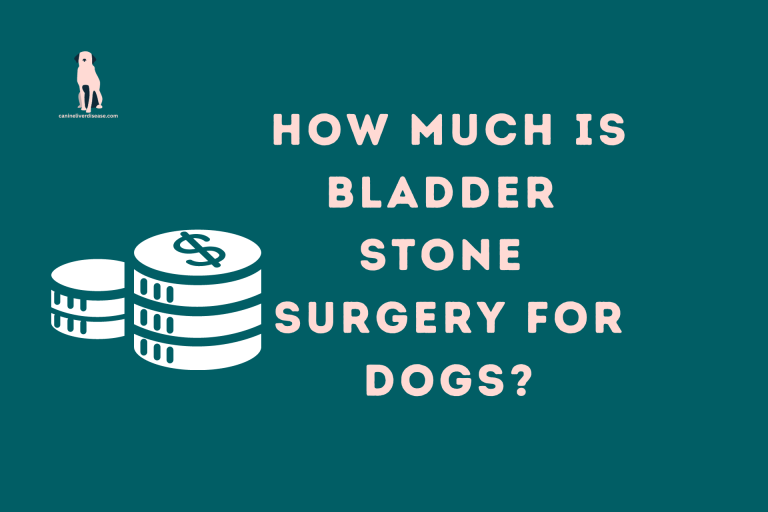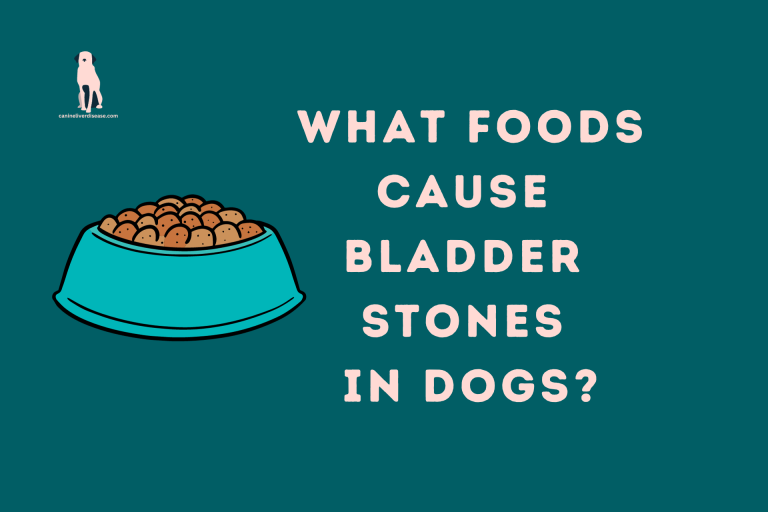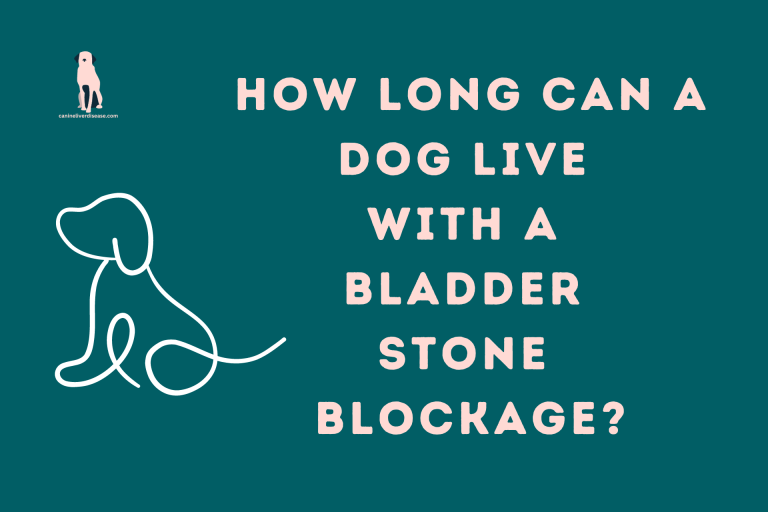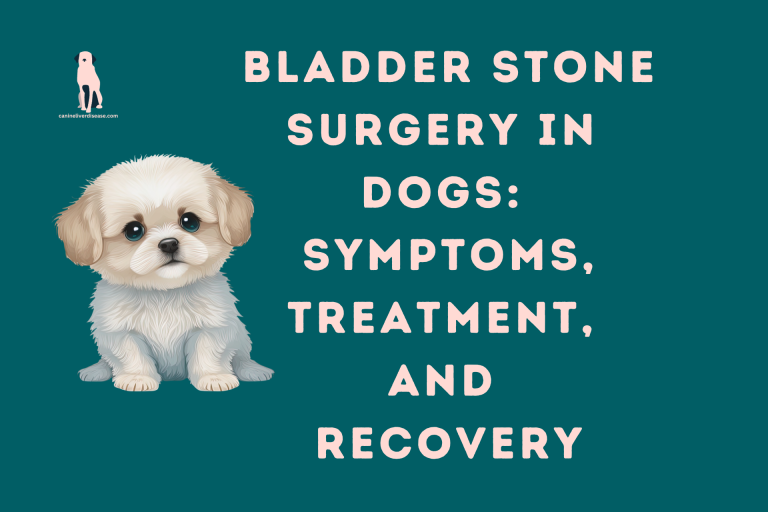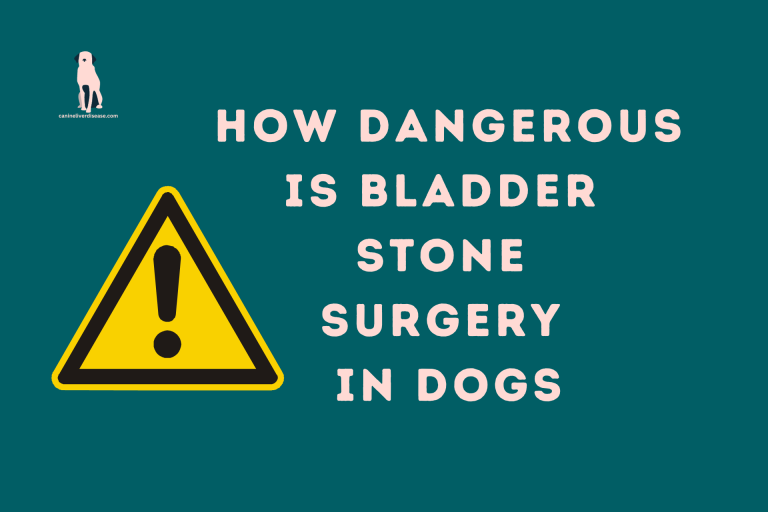Ultrasonic Dissolution for Dogs: Cost, Causes, and Prevention
If your furry companion is suffering from bladder stones, you’re probably concerned about their well-being and the potential costs of treatment. In this article, we’ll delve into the world of ultrasonic dissolution for dogs. We’ll break down the costs involved, discuss the causes of bladder stones, and provide valuable tips on how to prevent them.
Procedure Cost
The procedure cost encompasses the expenses directly related to the ultrasonic dissolution procedure. This includes the equipment used, the expertise of the veterinarian, and any specialized materials required. The cost typically ranges from $1,200 to $2,500. Factors influencing the price include the size and number of stones, as well as the experience of the veterinarian.
Veterinary Clinic Fees
These fees cover the overhead costs of running the veterinary clinic. This includes rent or mortgage, utilities, maintenance, and salaries for the staff. It’s important to have a well-equipped and staffed facility for the procedure. Veterinary clinic fees generally range from $500 to $1,000.
Anesthesia Cost
Anesthesia is an essential component of the procedure, ensuring your dog remains comfortable and immobile during the process. The cost of anesthesia can vary based on the type used and the duration required. It typically ranges from $200 to $500. Higher costs may be associated with longer procedures or specialized anesthesia methods.
Pre-procedure Diagnostics
Before the ultrasonic dissolution procedure, your dog will need diagnostic tests like X-rays or ultrasounds. These tests are crucial for the veterinarian to assess the size and location of the stones accurately. The cost for these pre-procedure diagnostics ranges from $100 to $200.
Post-procedure Care
After the procedure, your dog will require close monitoring and possibly additional medications like pain relievers and antibiotics. The cost of post-procedure care will vary based on the specific needs of your dog. This cost is essential for ensuring your dog’s smooth recovery.
X-ray or Ultrasound Fees
Additional X-rays or ultrasounds may be needed to assess the stones before and after the procedure. These tests provide vital information for the success of the treatment. The cost for these additional tests ranges from $100 to $200.
Stone Analysis
Stone analysis involves examining the composition of the stones. This information is crucial for preventing future occurrences. The cost for stone analysis typically ranges from $150 to $250.
Consultation Fees
Your veterinarian will need to consult with you about the procedure, answering any questions or concerns you may have. This consultation is essential for you to understand the process and what to expect. Consultation fees usually range from $50 to $100.
Laboratory Fees
Some additional laboratory tests, such as urinalysis or blood work, may be necessary to get a comprehensive understanding of your dog’s health. These tests can help in tailoring the treatment plan. Laboratory fees typically range from $50 to $100.
Follow up Appointments
Follow-up appointments are crucial for monitoring the progress of your dog’s recovery and ensuring that there are no complications. These appointments allow the veterinarian to make any necessary adjustments to the treatment plan. The cost for follow-up appointments ranges from $50 to $100.
Note: These cost estimates are approximate and can vary depending on factors such as location, the severity of your dog’s condition, and any additional services or specialized care required. Always consult with your veterinarian for an accurate estimate tailored to your specific situation.
Causes of Bladder Stones in Dogs
Diet: A dog’s diet plays a significant role in the formation of bladder stones. If your dog consumes a diet that is high in oxalates or calcium, it can increase the risk of bladder stones. Oxalates are naturally occurring compounds found in many foods, including some fruits, vegetables, and nuts. Calcium, when consumed excessively, can also contribute to stone formation. Therefore, it’s crucial to ensure that your dog’s diet is well-balanced and does not contain excessive amounts of these substances.
Dehydration: Proper hydration is essential for maintaining healthy urinary function in dogs. When a dog doesn’t drink enough water, their urine becomes more concentrated, making it easier for minerals and crystals to come together and form stones. Encouraging your dog to drink an adequate amount of water is crucial for preventing bladder stones. Providing fresh water and monitoring their water intake, especially during hot weather or increased physical activity, can help prevent dehydration-related stone formation.
Certain Medical Conditions: Some underlying medical conditions can predispose dogs to bladder stone formation. Conditions such as diabetes and kidney disease can alter the composition of a dog’s urine, making it more conducive to stone formation. Dogs with these conditions may require closer monitoring and management of their health to reduce the risk of bladder stones. If your dog has a preexisting medical condition, it’s essential to work closely with your veterinarian to develop a tailored plan for their specific needs.
Understanding these causes is key to preventing bladder stones in your canine companion. By managing their diet, ensuring proper hydration, and addressing any underlying medical conditions, you can significantly reduce the risk of bladder stone formation and help your dog maintain optimal urinary health.
Conclusion
In caring for your canine companion, understanding the costs and causes of bladder stones is crucial. By being proactive and following preventive measures, you can ensure your furry friend’s well-being while minimizing the financial burden. Remember, a healthy dog is a happy dog. So, keep these tips in mind and consult your veterinarian for personalized guidance on your dog’s specific needs.
If you have any more questions or need further information, don’t hesitate to reach out to your trusted veterinarian. They are your best ally in ensuring your dog’s health and happiness.
